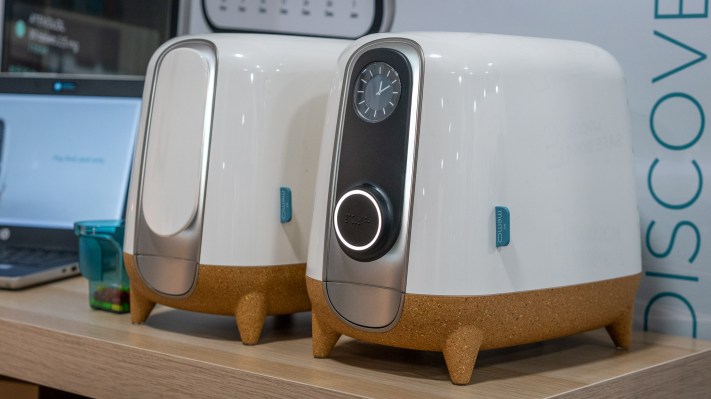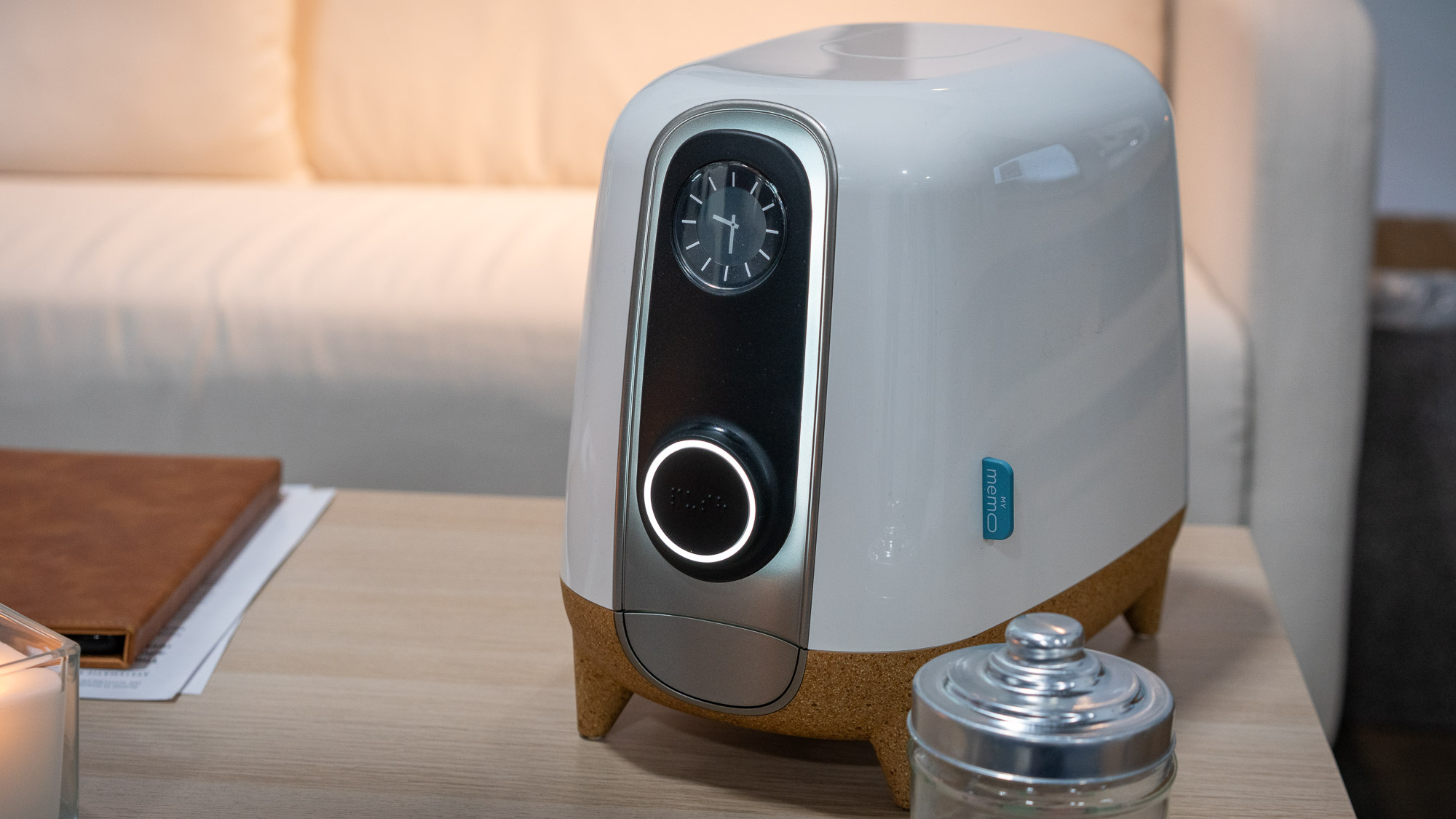My Memo adds some pill-zazz to automatic medicine dispensers

Every few years, a new startup takes a stab at automatic pill dispensers to help with drug adherence and to prevent people from accidentally dosing more than they should. Makes sense: For many of us, as we get older, more and more medicines join the lineup that keeps us ticking along. Unfortunately, memories get fuzzy, and forgetting to take — or doubling up — medicines can have disastrous consequences. My Memo is an Italian startup TechCrunch met at CES 2024. The company takes a fresh look at the market, with a good-looking device to keep its users’ medicine intake on track.
“We are medical doctors, and in our work, we realized that 75% of chronic patients are taking no fewer than four different kinds of medications. So we have created the smallest footprint automatic pill dispenser,” says Dr. Roee Dvir, CEO and founder of RGF Diagnostics, the company behind Memo, adding, “It’s a medical device that doesn’t look like a medical device.”
Dr. Dvir makes an important point — the company is not without competitors, but the best-known (Hero, e-Pill station, Medready) look like they belong in hospitals, at best.
My Memo is a closed box that makes the medicines inside inaccessible — helpful to prevent casual theft and child safety, for example.

The My Memo pill dispenser is a sensor-filled toaster-looking technology marvel that’ll make medicine adherence a lot easier. Image Credits: TechCrunch / Haje Kamps
“We created a mobile app that functions as a clinical diary that you can see as a caregiver, medical professional or patient,” Dr. Dvir says. “You get all the notifications and alarms in real time on the app, helping manage all your medications, both those who can be loaded into the device and those who cannot — like liquids, inhalation or injections.”
The product takes a health-team approach to medicine adherence, giving elderly and sick users autonomy, but enabling caretakers and medical professionals to keep tabs as well.
“In real time, you get all the information from the device. If a patient didn’t take the medications, you know it as a caregiver, and you can call them and say, hey, you didn’t take the medication, how come?” says Dr. Dvir. “There are a lot of sensors in the device too: Temperature, humidity, GPS, Bluetooth — you name it. It looks very simple and a little bit retro. The clock doubles as a display for alerts.”
The product is already on sale in Europe, and the company is working on FDA clearance to be able to sell it in the U.S. The price point is reasonable: A $99 initiation fee plus a $29 per month subscription fee. The device supports up to four medicines, but if a user has more, they can add additional devices to add support in increments of four — up to 12 different medications.



